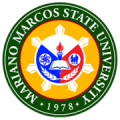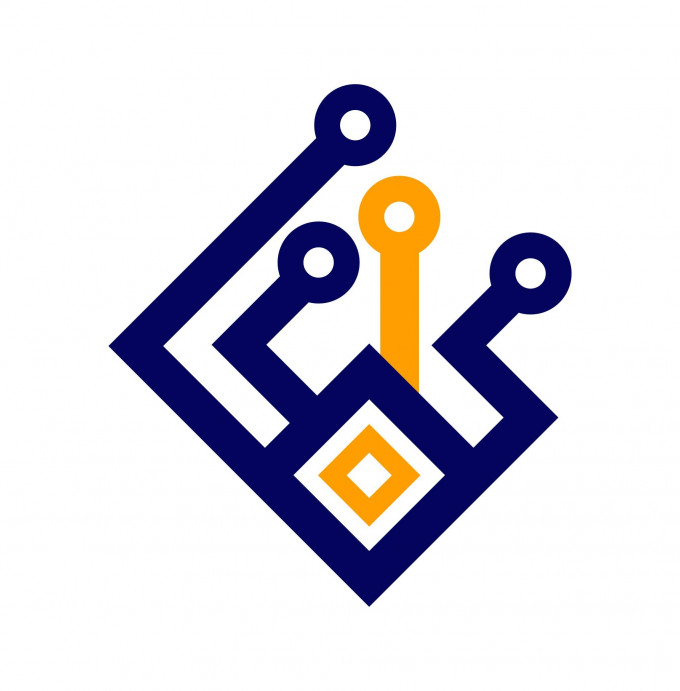.jpg)
Women’s word, women’s world
By Adrianne Lorenzo Corpuz, Intern
Have you ever experienced being in a tense situation, confused, with sweat rolling down your cheeks, not knowing what to say: is it ‘’ma’am’ or sir? ‘ate’ or ‘kuya’? Bracing yourself, once the wrong choice is made, next seconds would be defined by a great silence.
Much more is at stake aside from the choice of pronouns we use nowadays. Words, when just mundanely passing by our ears and our mouths, with a little care about its real meaning and power, may create much a great silence in a society.
Back in the 90’s, Cheris Kramarae, a communication scholar, aggressively forwarded the idea that the kind of language people were using proliferate discrimination and discouragement, particularly toward women – whom she called the ‘muted group’. Because the language mainly used then was man-made, she said “Women are often silenced by not having a publicly recognized vocabulary through which to express their experience.”
Kramarae explained, “Women, and members of other subordinate groups, are not as free or as able as men in saying what they wish to say, when and where they wish to do so, because the words and the norms for their use have been formulated by the dominant group, men.”
However, now, with more and more women being given, not only a microphone to speak on, but positions and titles to amplify their voices with, words we use started to change. Consequently, we transformed as society.
In the old times, words like “Fatherland” blossomed. Today, people conform to its friendlier alternative, “homeland.”
More terms, like “manpower,” “man-made,” were of standard use before. I more frequently hear these words now as “personnel” or “workforce” which have diminished the man-centric terminologies.
Moreover, as we are in the election season, we are voting for gender-appropriate terms. ‘Congressman’ strongly connotes that the Philippine Lower House of Representatives are purely composed of men, which is untrue.
In terms of everyday life, culture has brought a huge influence on our perceptions. Just like from a commuter's point of view, it is easy to refer to drivers as an occupation for men. When your driver's caught for a road violation, ‘policemen’ are there to ask you questions. Just like how you call firemen, fishermen, foremen, craftsmen and even spokesmen.
However, the world is starting to be better against the man-made language, all while “unmuting” women. As a sign of progress, Tongson & Kintanar (1998) surfaced alternatives such as police officers, firefighters, fisher folk, and spokesperson.
Under the context of academic institutions, steps are being taken in promoting gender-fair language. Changes in writing letters and appointing titles are being observed in MMSU. All offices now use ‘chairperson,’ or simply ‘chair’ in all correspondences, instead of the use of ‘chairman’. We could not even see any material with ‘man’ on its title or theme; rather, we use ‘human.’
Actions like these are significant in shaping the modern perspective of gender in language today. A call for equal representation in language in our daily lives becomes more and more relevant. Jakiela and Ozier encapsulated the big thought very simply: “language structures thoughts.”
The thousand words we use today define who we are and what our future will be. So, let us speak one fair word at a time. (HLY/JVBT, StratCom)
Gallery
.jpg)
Dear Valued Client,
We will be introducing our newly upgraded website on October 31, 2024 – offering faster access, improved navigation, and enriched content for students, faculty, partners, and stakeholders. Experience how we cultivate minds and transform futures at MMSU.

 CAFSD
CAFSD CASAT
CASAT CAS
CAS CBEA
CBEA CCIS
CCIS COE
COE CHS
CHS CIT
CIT CTE
CTE COM
COM CVM
CVM Graduate School
Graduate School




